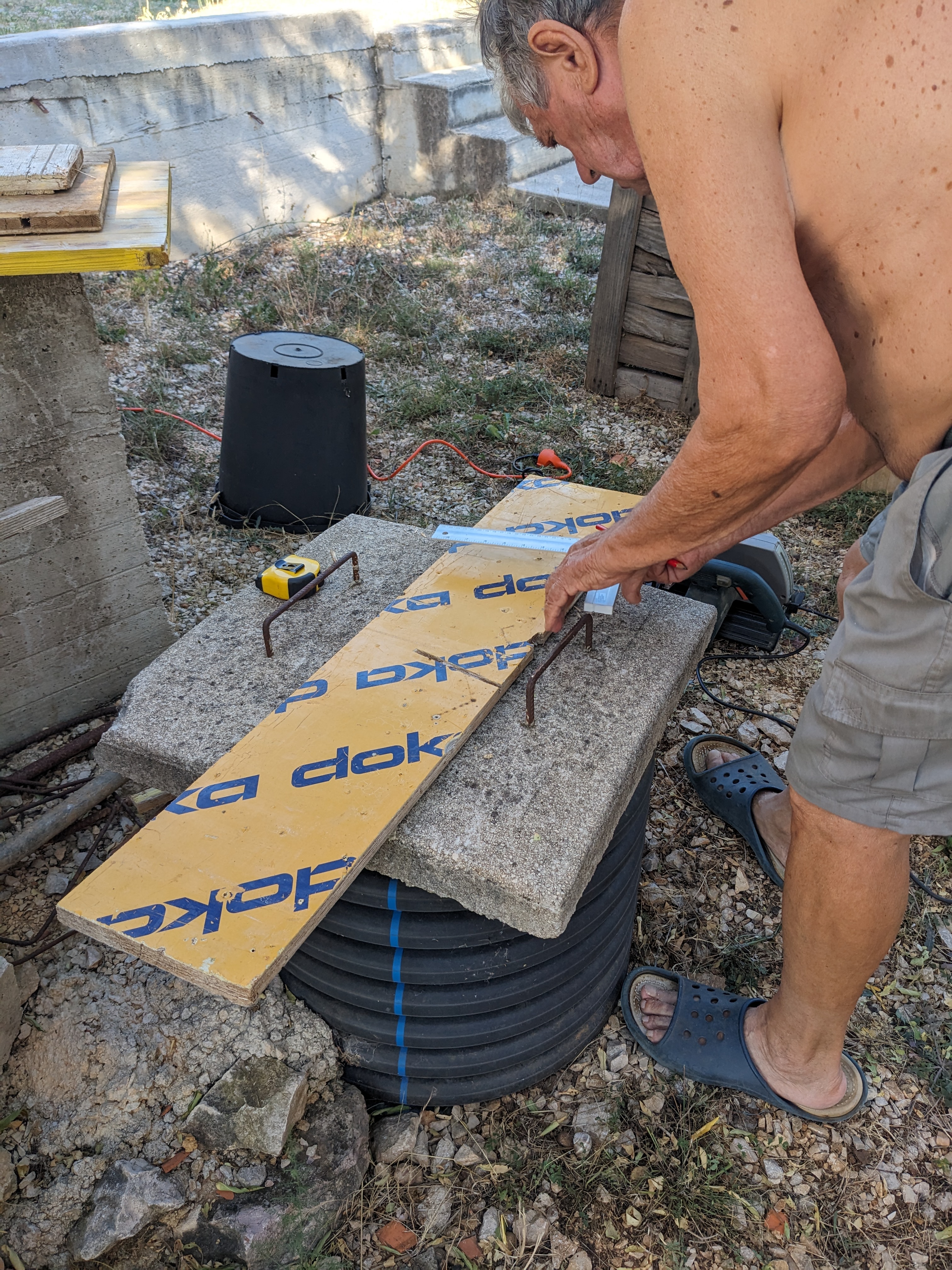The sun was setting, and the wood wasn’t going to cut itself. I had steak in the oven, but my dida, a no-nonsense kind of guy, insisted we finish the job. Baba was inside, probably mad as hell, but the work needed to get done.
“Dida, dinner’s ready!” I yelled over the saw, following baba’s orders to fetch him.
He didn’t look up. “The wood’s not cut,” he said, his voice as gruff as the bark on the logs we were slicing through.
Baba’s voice rang out from the house. “You irresponsible boy! That steak’s going to burn if you don’t get in here!”
I knew she was right, but so was my dida. The wood had to be cut, and it had to be cut now. The steak would have to wait.
When we finally headed inside, the smell hit me. Overcooked meat. My stomach sank.
“Di si bija?!” she added, her voice sharp with frustration, the Dalmatian slang biting. Where have you been?!
I opened my mouth to say I thought she would watch the steak, but quickly shut it, realizing it would be pointless to argue.
“You should’ve come in when you were called,” dida added, his voice stern but not unkind. “The steak’s ruined now.”
I looked at the charred steak, caught between their shared blame. They’d taken up my time, but they still held me responsible.
We ate the overcooked steak without complaint, the lesson learned. The chores came first, the meal second. It wasn’t the way everyone did things, but it was our way, and we wouldn’t have it any other way.
I cleaned the plates, my mind on the next day’s work. There was always something to be done, and complaining about a ruined dinner wasn’t going to get it finished. In our village, you did what had to be done, and you didn’t make a big fuss about it. It was simple, just like the way we liked our lives.
